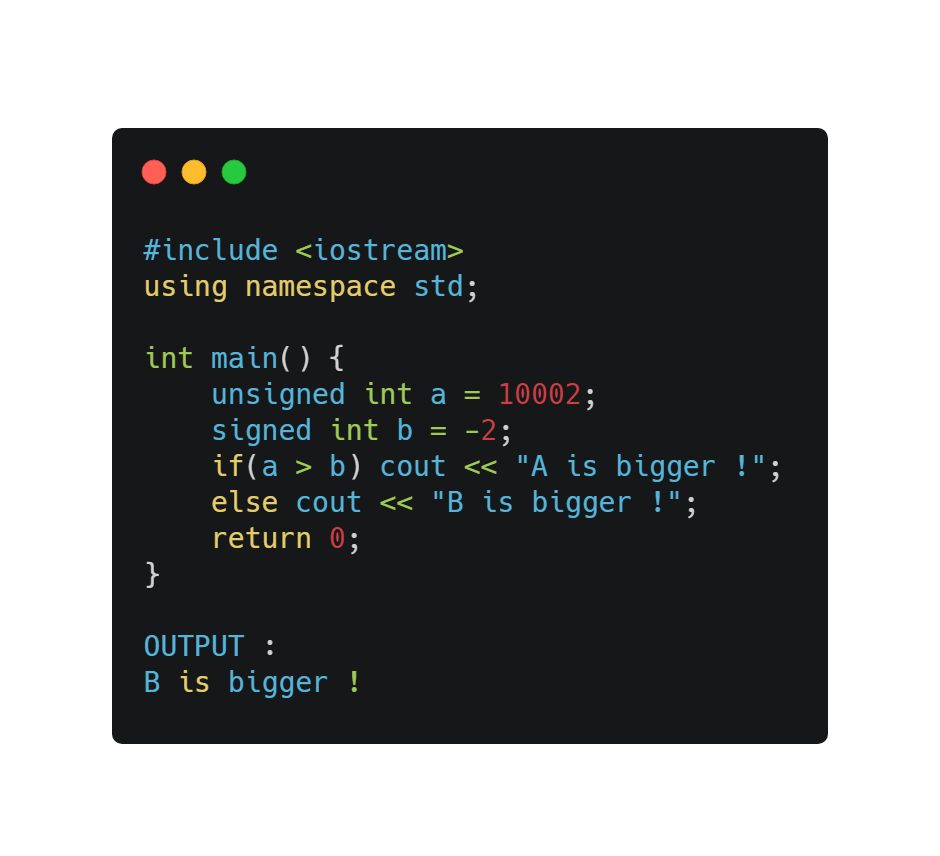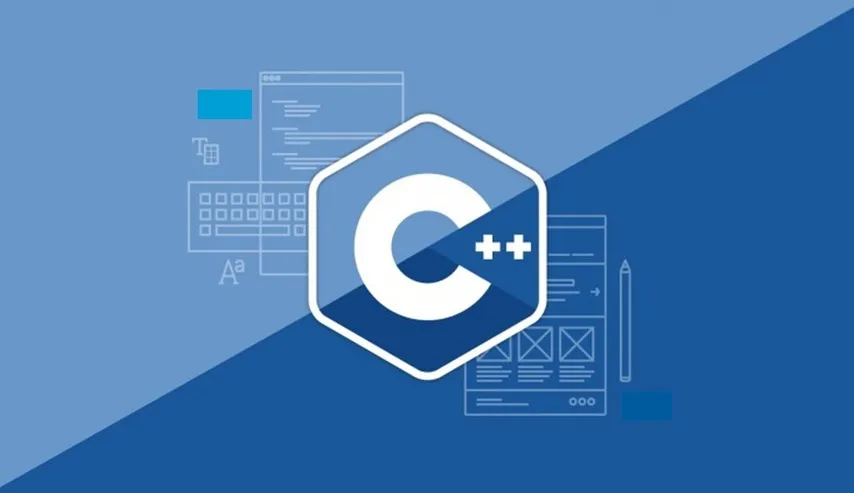If you are familiar with C/C++then you must have come across some unusual things and if you haven’t, then you are about to. The below codes are checked twice before adding, so feel free to share this article with your friends. The following displays some of the issues:
- Using multiple variables in the print function
- Comparing Signed integer with unsigned integer
- Putting a semicolon at the end of the loop statement
- C preprocessor doesn’t need a semicolon
- Size of the string matters
- Macros and equations aren’t good friends
- Never compare Floating data type with double data type
- Arrays have a boundary
- Character constants are different from string literals
- Difference between single(=) and double(==) equal signs.
The below code generates no error since a print function can take any number of inputs but creates a mismatch with the variables. The print function is used to display characters, strings, integers, float, octal, and hexadecimal values onto the output screen. The format specifier is used to display the value of a variable.
- %d indicates Integer Format Specifier
- %f indicates Float Format Specifier
- %c indicates Character Format Specifier
- %s indicates String Format Specifier
- %u indicates Unsigned Integer Format Specifier
- %ld indicates Long Int Format Specifier

A signed integer is a 32-bit datum that encodes an integer in the range [-2147483648 to 2147483647]. An unsigned integer is a 32-bit datum that encodes a non-negative integer in the range [0 to 4294967295]. The signed integer is represented in twos-complement notation. In the below code the signed integer will be converted to the maximum unsigned integer then compared with the unsigned integer.

#problems-with-c #dicey-issues-in-c #c-programming #c++ #c #cplusplus
